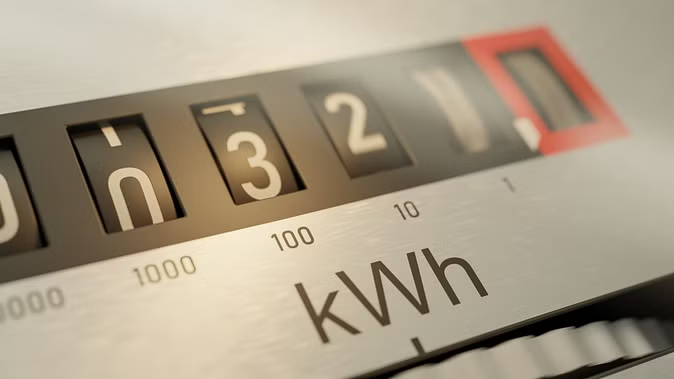At present, most people use credit cards to meet their needs. By using credit cards, people get interest-free loans for 45 days. You get reward points for shopping and also build a credit history. However, sometimes it is difficult to manage multiple bills. Apart from this, one does not even remember to pay the bills on time. If you don't turn on autopay for credit card payments, you may forget to pay a bill. If you do not pay the bills on time, you may face problems.

Delays in depositing credit card bills can cause great trouble for you. Earlier, less penalty was imposed for late payment of bills, but these charges have increased significantly. Here we tell you in this news how much time is given to pay the credit card bill. Along with this, we will tell you why the penalty is charged by the companies on credit cards and how it is calculated.
How much time do you get to pay the bill?
First of all, let us tell you that generally 14 to 50 days are given to deposit the credit card bill. If the customer does not pay the credit card bill during this period, a charge is levied. On the credit cards of many banks, customers are given a chance to save money, which is called the grace period. During this time you make purchases through credit cards, but no interest is charged.
What happens if a credit card bill is not paid on time?
Banks charge depending on how late you pay your credit bill. The more late the credit card bill, the more the interest will increase. If you do not pay the bill by the last date of the bill deposit, not only penalty will be imposed but interest will also be charged every day.
How is interest determined?
In India, the interest charged on credit cards is decided according to the annual rate. This is not the interest of the month but of the entire year. However, the amount charged per month is calculated as a monthly rate. Both this APR and MPR vary depending on the bank and the type of credit card you have. Therefore, while applying for a credit card, definitely ask the bank as to how much APR will be charged to your card.
Bad effect on credit score
According to government rules, 18 percent GST will also have to be paid on this interest. This will increase interest and your credit score may also fall. The lower the credit score, the more difficult it is for people to get a loan. To avoid penalties on credit cards, the bill should be paid on time.
(PC: ISTOCK)










